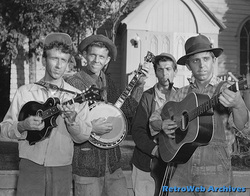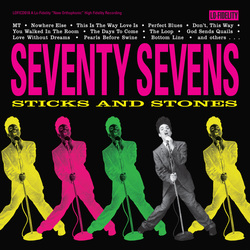
Lady Gaga’s used to state, “Mother Monster.”
Queer theorist Michael Warner writes,
“Queer is by definition whatever is at odds with the normal, the legitimate, the dominant. There is nothing in particular to which it necessarily refers. It is an identity without an essence. ‘Queer’ then, demarcates not a positivity but a positionality vis-à-vis the normative.”
Lady Gaga is the embodiment of Queer Theory, not necessarily in her sexuality, but by her identification and normalization of “whatever is at odds with the normal.“
A quick scroll through her nearly 40 million twitter followers shows that most of them are “weird”, they are “the rejected” and the “monsters.” The kind of people that would walk through the doors of a church and be sneered at by the onlookers.
Many flock to her as their “mother monster” because she accepts, even normalizes the weirdness
the queerness
she embraces those who feel that they’re not apart of the “normal”
people that are broken
not whole
not legitimate
that are, in some ways, monsters.
People like … me.
Most churches would hate her. Most churches would hate her followers. They either couldn’t see past the lifestyle, couldn’t see past the way they dress or couldn’t see past the philosophy.
But not Jesus. In fact, a quick look at Jesus’ tribe and we soon realize that he too was the “Mother Monster” the One who made a mosaic out of broken pieces.
Mary Magdalene the Harlot.
John the Baptist.
Matthew the Tax Collector.
Peter the Zealot.
Thomas the Doubter.
Paul the Persecutor
Monsters. Rejected. All.
Lady Gaga’s tribe is strong. They’re strong because they’re united by their brokenness, by their “queerness.”
Like Jesus, Gaga has found one of the strongest bonds for community: not primarily sin, but rejection.
One of the main differences between Gaga and Jesus is that Jesus inaugurated his tribe through death and new life.
But, if Jesus was walking in America today, and if He was afforded the opportunity, I’d love to see his conversation with the “Mother Monster.”
I wonder if Jesus’ people have become too normal to embrace the rejects of the world? If we see Lady Gaga and her followers as the ones Jesus WOULDN’T want, maybe we’ve lost touch with the real Jesus and become too comfortable with a Jesus that doesn’t exist.
This post was written by Caleb Wilde. For his original post, go to: http://www.calebwilde.com/2013/08/lady-gaga-and-jesus-2/
BE HOLY.
BE A MAN.









 RSS Feed
RSS Feed